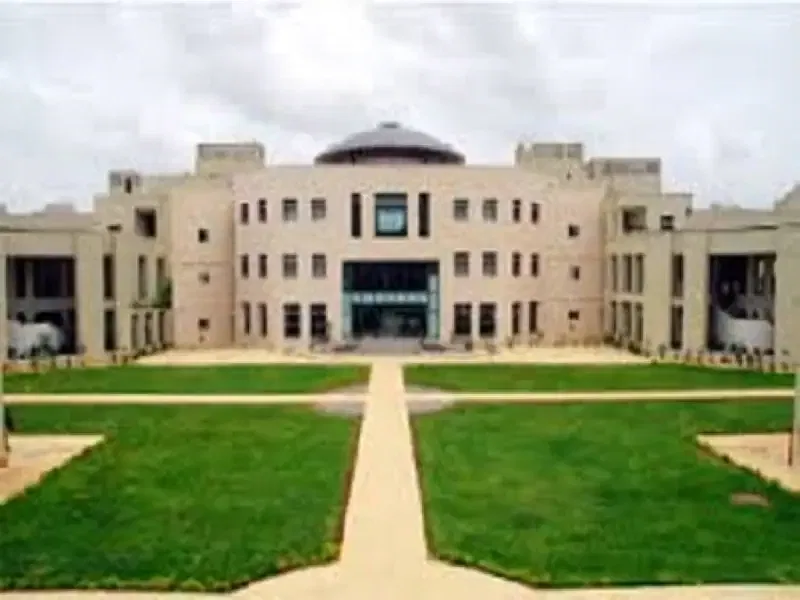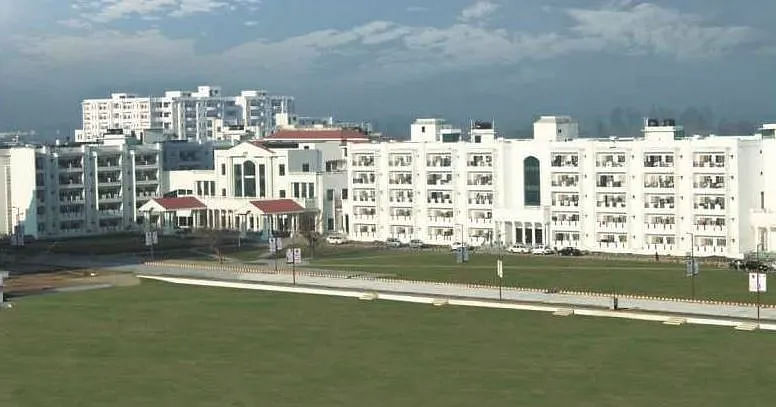M.Sc Optometry Syllabus and Subjects

M.Sc Optometry syllabus consists of the fundamental knowledge behind eye treatment. The course is divided into 4 semesters to distribute each topic within course duration. M.Sc Optometry is a 2 years long postgraduate course that strictly focuses on the human eye-related structure, vision, and visual system.
Semester Wise M.Sc Optometry Syllabus
M.Sc Optometry syllabus is divided into 4 semesters which includes all the necessary topics that are required to study while pursuing this course. The first two-semester of this course will primarily focus on the basics part while the other portions are the core topics that are more important to learn. The course provides a strong understanding of scientific principles and procedures related to eye treatment. The course structure is very clear and easy to understand for the students.
M.Sc Optometry First Year Syllabus
Given below are the first and second-semester of the M.Sc Optometry course:
| Semester I | Semester II |
| Advanced Contact Lens Studies - I | Occupational Optometry & Public Health Optometry |
| Low Vision & Rehabilitation | Research Methodology & Biostatistics |
| Pediatric Optometry |
M.Sc Optometry Second Year Syllabus
Given below are the third and fourth-semester syllabi of the M.Sc Optometry course:
| Semester II | Semester IV |
| Advanced Contact Lens Studies - II | Clinical Imaging |
| Ocular Diseases & Therapeutics | Dissertation |
M.Sc Optometry Subjects
M.Sc Optometry subject clarifies all the important methodologies of eye treatment which will definitely help students in becoming competent opticians. The overall course structure is totally based on the theoretical concept that students need to learn. The course consists of core topics and elective topics which are obviously optional for the students to choose from.
M.Sc Optometry Core Subjects
Given below are the core subject of the M.Sc Optometry course:
- Low Vision & Rehabilitation
- Occupational Optometry & Public Health Optometry
- Advanced Contact Lens Studies - II
- Clinical Imaging
M.Sc Optometry Elective Subjects
Given below are the elective subject of the M.Sc Optometry course:
- Neuro-ophthalmology
- Pediatric Optometry
- Advanced Glaucoma
M.Sc Optometry Course Structure
M.Sc Optometry course structure is designed in a way to provide students with actual knowledge in this field. The course duration is three years and it is compact with core and elective subjects accordingly. Students will conquer a bright future after completing this course attentively.
- IV Semesters
- Core Subjects
- Elective Subjects
- Postgraduate Course
- Research Project
- Field Project
M.Sc Optometry Teaching Methodology and Techniques
M.Sc Optometry teaching methodology is the most important aspect of a course curriculum to understand the subject more deeply. The classroom-based teaching methodology is the ideal method of learning. The course is designed in a way that students get access to all the infrastructure and facilities available. Listed below are the teaching methodology and techniques:
- Practical & Laboratory Sessions
- The Emphasis Of Practical Learning
- Experimentation
- Guest Lectures, Seminars, And Workshop
- Group Assignment And Discussion
- Learning Through Industrial Visit
- Research & Development
M.Sc Optometry Projects
M.Sc Optometry course projects are an important segment of the course curriculum. The projects are accessed by the professors to evaluate and judge the students' understanding of those subjects.
Students can choose their course project according to their specialization. Given below are some of the course projects.
- Vision Impairment and Chronic Disease
- Behavioural Optometry
- Optometric Medication
- Correlation Between Myopia (or Hyperopia) and Astigmatism
M.Sc Optometry Books
Books are termed to be the greatest investment that an aspiring individual can invest in. M.Sc Optometry books can help students to understand the core topics and they also can learn about various topics according to their interests. Books will definitely have a great impact on the student’s life Given below are some of the important books:
| Name of Book | Author |
| Kanski’s Clinical Ophthalmology: A Systematic Approach | John F. Salmon |
| Clinical Optics | Andrew R. Elkington, Helena J. Frank, Michael J. Greaney |
| Theory and Practice of Optics & Refraction | A.K. Khurana |
| Low Vision: Principle and Practice | Christine Dickinson |




















